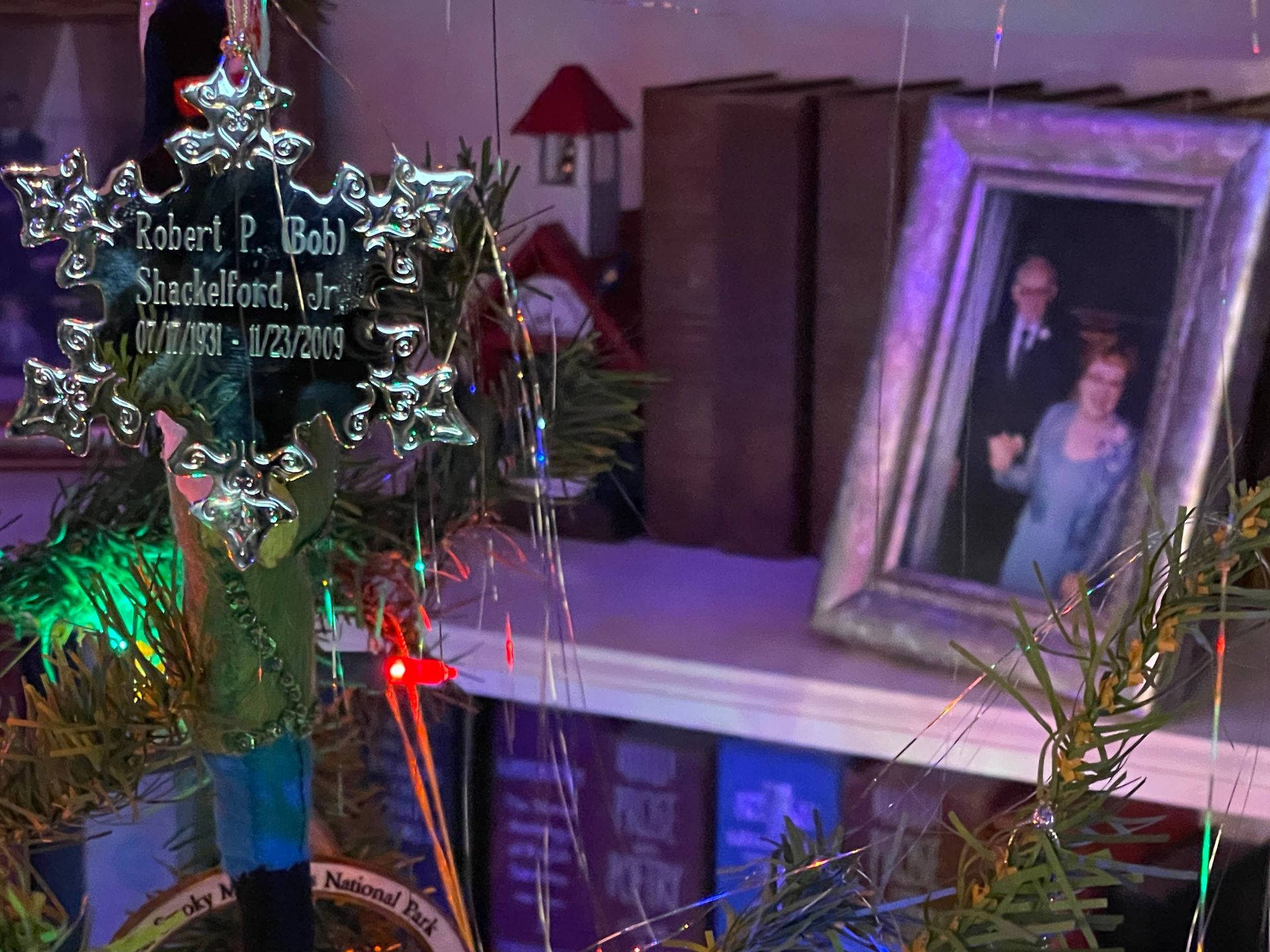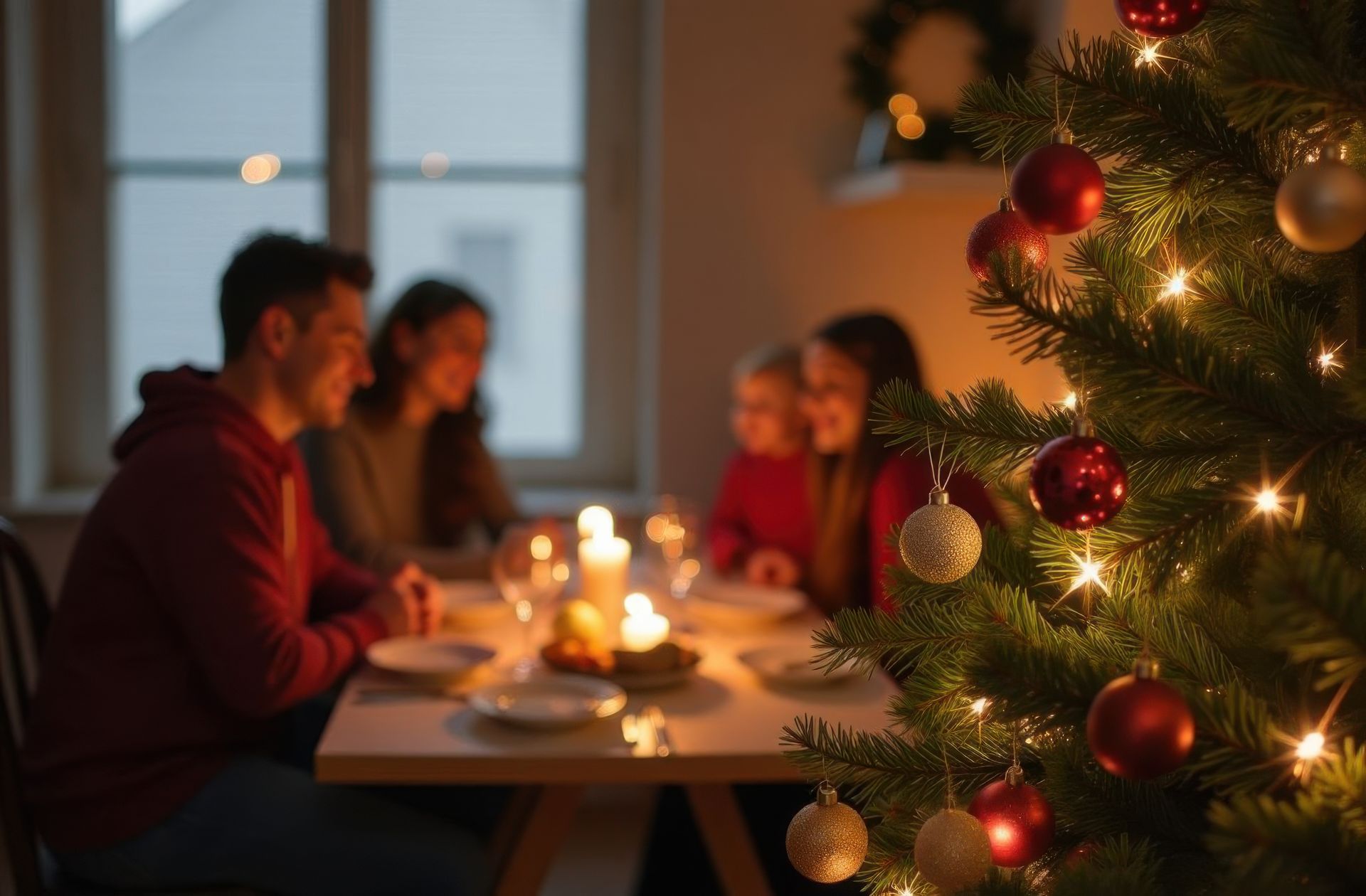But I Need To . . .

I think we can all agree there’s a lot going on these days (and no, I’m not gonna start listing . . . it’s just way too depressing). However, in spite of my list aversion, I do think we should address one rather important issue that’s been an issue for several months now, yet still seems to need a bit of clarification, and that’s the definition of the word “quarantine”.
And why, you may ask, do I want to traipse down this road again? Haven’t we been beaten over the head with COVID and masks and social distancing and all the things enough already? On this point I will completely agree. We’ve had so many different sources of information over so many months that we should all be well-schooled in the ways of COVID—at least as they are today. Tomorrow we may wake up in a whole new world, as one of our office secretaries used to say when she couldn’t remember how to do something she’d done for years. But, as I mentioned in paragraph one, it’s not necessarily this pesky virus I want to discuss. It’s one of its consequences—the need to, when required, closet ourselves away from the rest of the world, i.e., engage in a period of quarantining.
I hate it when writers start a discussion by stating, “The word (fill in the blank) is defined as . . .” or “Webster defines (fill in the blank) as . . .” No offense to those who prefer this method of conveying information, but it doesn’t make me want to read much further. That’s why I waited until now to say, “The word quarantine is defined as ‘a state, period, or place of isolation in which people or animals that have arrived from elsewhere or been exposed to infectious or contagious disease are placed.’”
We understand why some folks who have tested positive for COVID-19 (or who have been instructed to quarantine due to contact with someone who has tested positive) might not want to exactly follow the rules, especially where Death is concerned. Honestly, it only comes once in every lifetime. It’s not like you can say “I’ll attend their next funeral”. And we understand it’s especially difficult when it’s one of your immediate family members . . . your spouse or child or sibling. You’re supposed to be able to be there. You’re supposed to be able to help make the arrangements and greet those who come to support you and attend the service. And being in the South, our traditions are important to us and we want to honor those traditions as fully as possible. If you don’t have symptoms or it just feels like a little cold, why shouldn’t you be able to do everything I just mentioned . . . and more?
Because you never know. You never know who else will be there. You never know with whom you’ll come in contact and how vulnerable they might be to something that affects you very little, if at all. What feels like a minor case of the sniffles to you can be a literal death sentence to someone else. How terrible would you feel if that was someone’s elderly father who had already survived World War II and three bouts with cancer . . . or their eight-year old grandson who, if actually attending school, could then expose his entire class, including the little girl who sits next to him and has type 1 diabetes . . . or an older brother who has already suffered two heart attacks? And if you’ve been instructed to quarantine, please understand, that doesn’t mean it’s all right to leave home as long as you wear a mask and stay six feet away from the rest of the world and empty the hand sanitizer bottle between your house and the funeral home. It doesn’t mean it’s all right to attend a graveside service because it’s outside or sit at the back of the chapel or church sanctuary. It means you stay home. Period. You don’t come to the arrangement conference. You don’t attend the visitation. You don’t attend the service. You. Stay. Home.
Believe me, we know how hard that is to contemplate. We understand the need to be there and the desperation that can come from being left out of something you can never experience again. But we also know . . . we deeply hope . . . that our communities are selfless enough to place the well-being of others above their own needs.
There are ways to address this issue that don’t involve putting others at risk. Arrangement conferences can be conducted by way of Zoom or Facetime. Many funeral homes have the capability to live stream services and will gladly do so if asked by the family. We are all more than willing to wait until your quarantine ends and you can safely take part in the planning and final goodbyes—and honestly, I’m being a bit selfish when I suggest these things. You see, if you come to us when you shouldn’t, you also put our employees at risk, and just like every other segment of the population, we have several with health issues that may make it harder for them to battle this virus and win.
So please, if you find yourself in this position, talk to us. Let us know what’s going on and we’ll work together to find the best possible solution that protects everyone involved. I promise, it doesn’t have to be either/or. You can really follow the rules and still honor the life of someone you’ve lost. And what better way to honor them than to protect the people who loved them most?
About the author: Lisa Shackelford Thomas is a fourth generation member of a family that’s been in funeral service since 1926. She has been employed at Shackelford Funeral Directors in Savannah, Tennessee for over 40 years and currently serves as the manager there. Any opinions expressed here are hers and hers alone, and may or may not reflect the opinions of other Shackelford family members or staff.
The post But I Need To . . . appeared first on Shackelford Funeral Directors | Blog.

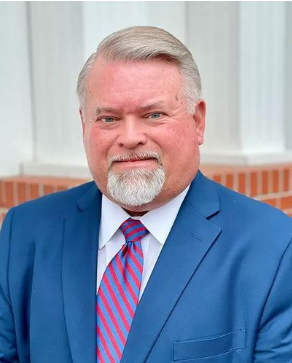
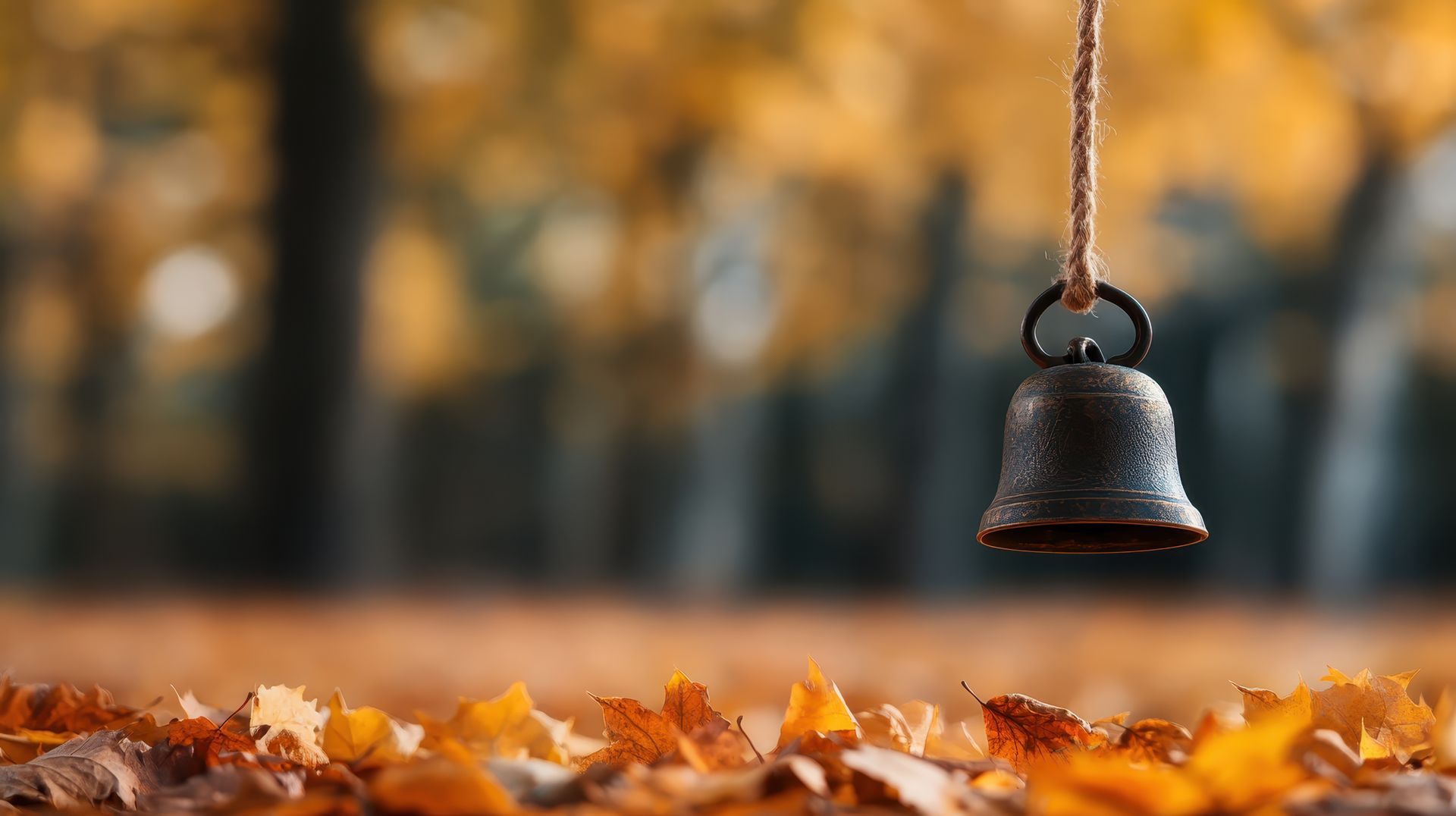
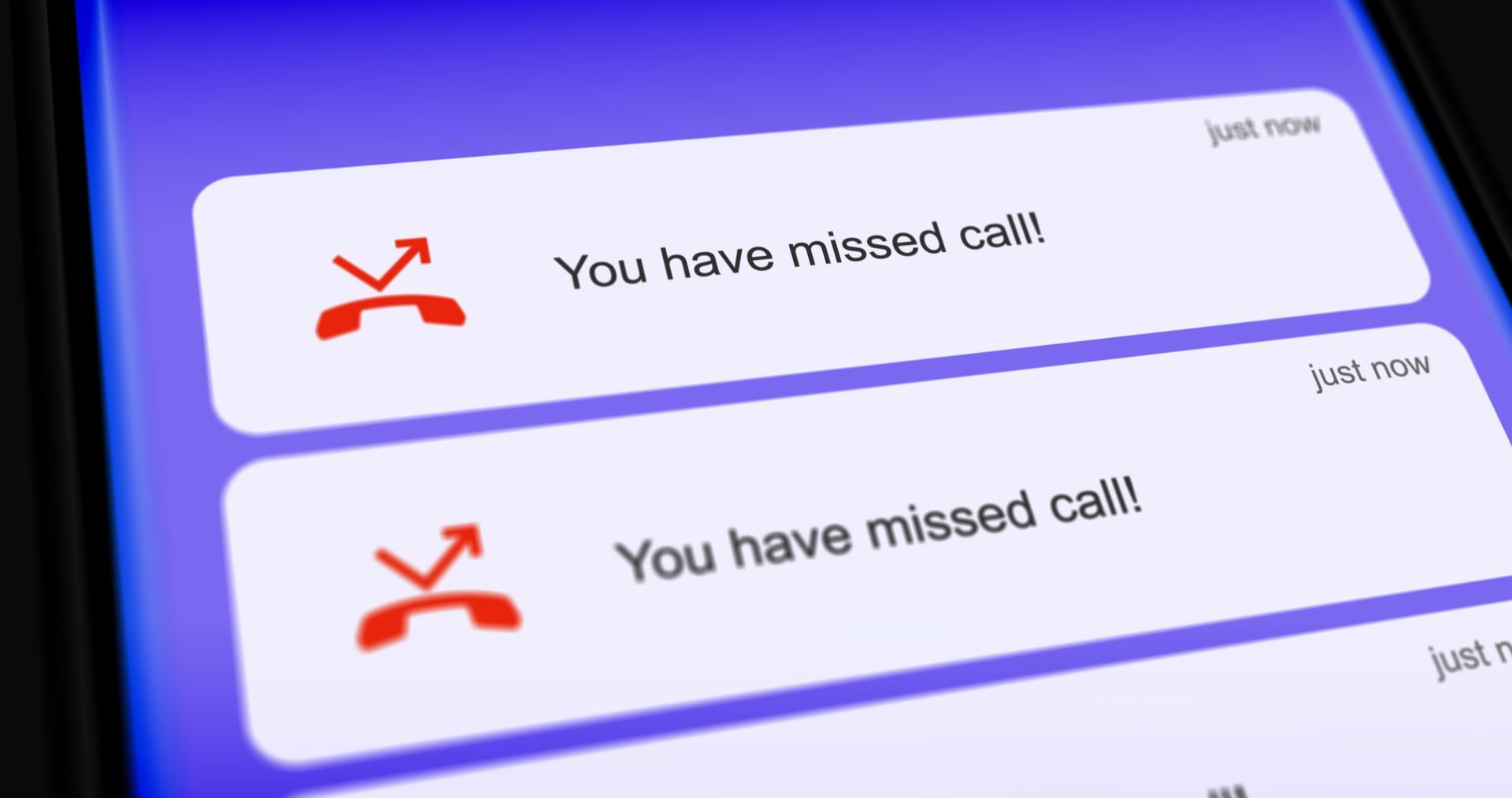


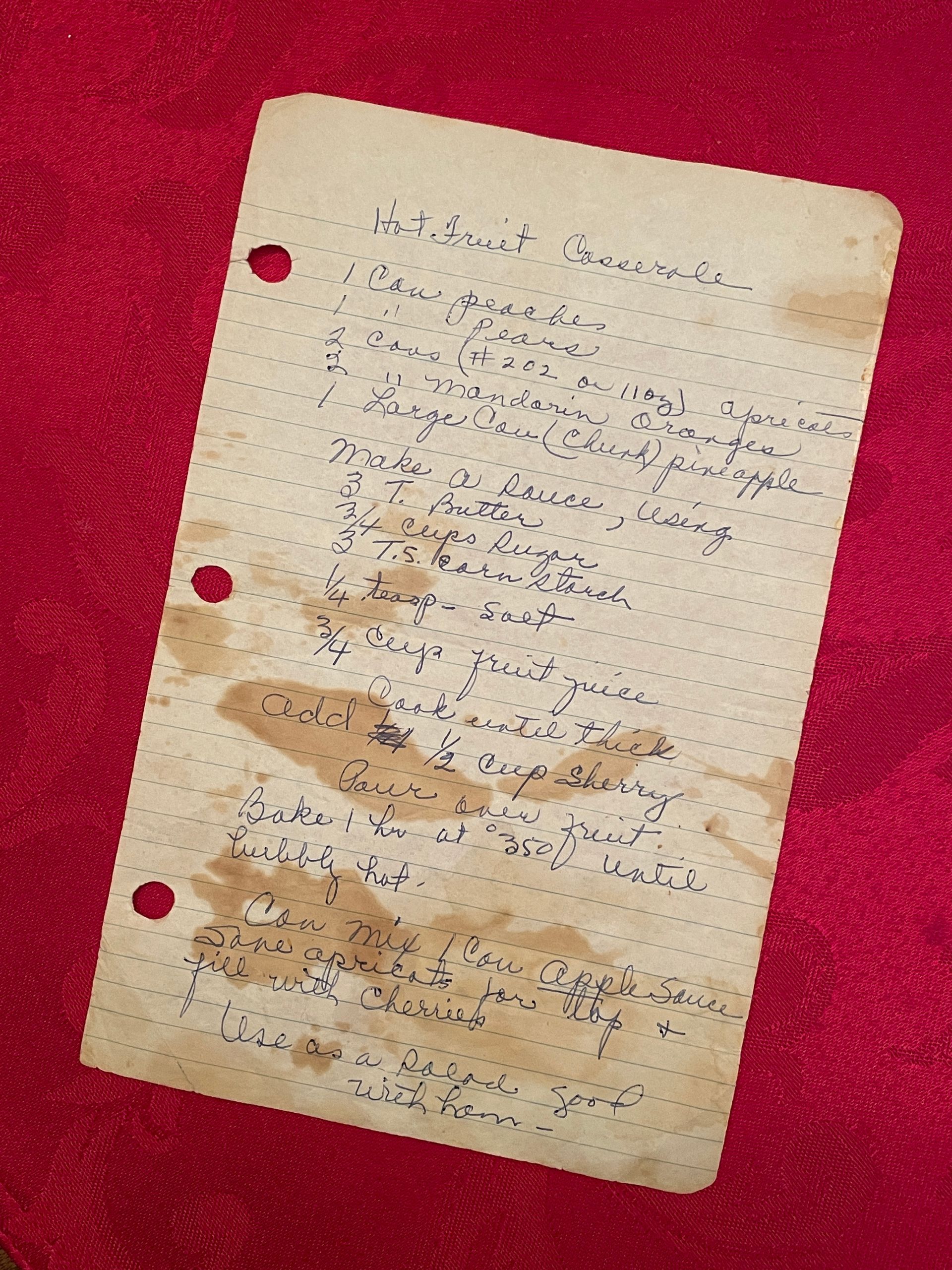
A Year of Grief Support
Sign up for one year of weekly grief messages designed to provide strength and comfort during this challenging time.
Please wait
Verifying your email address
Please wait
Unsubscribing your email address
You have been unsubscribed
You will no longer receive messages from our email mailing list.
You have been subscribed
Your email address has successfully been added to our mailing list.
Something went wrong
There was an error verifying your email address. Please try again later, or re-subscribe.


